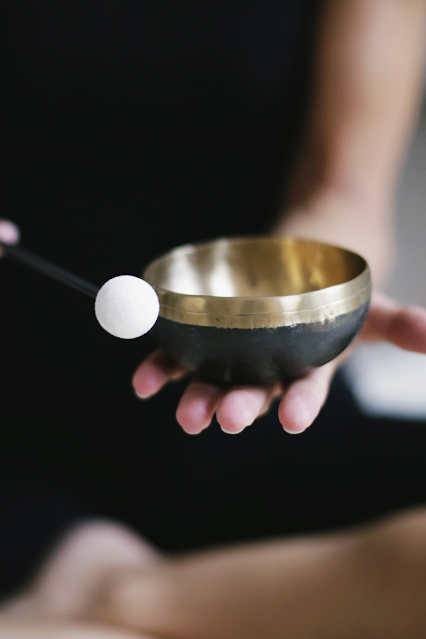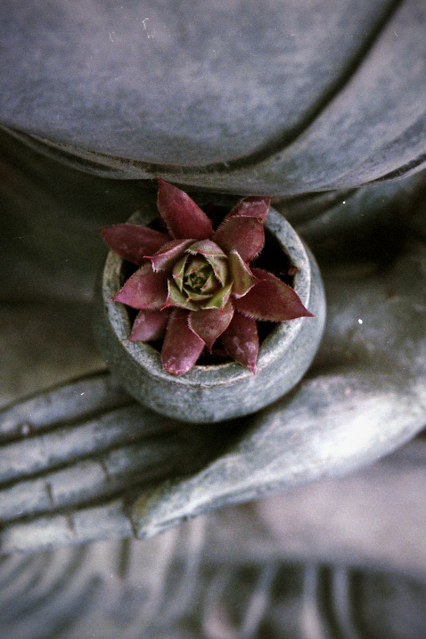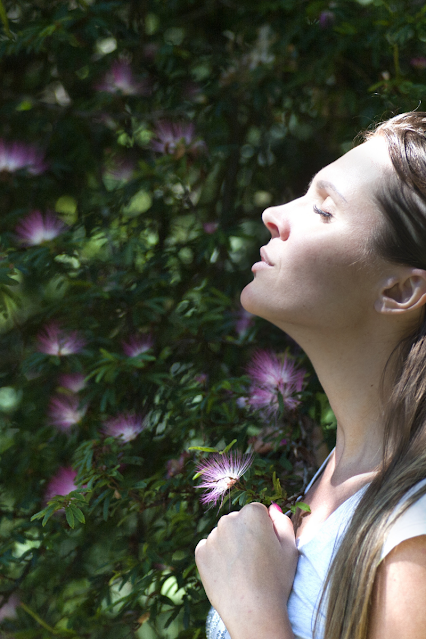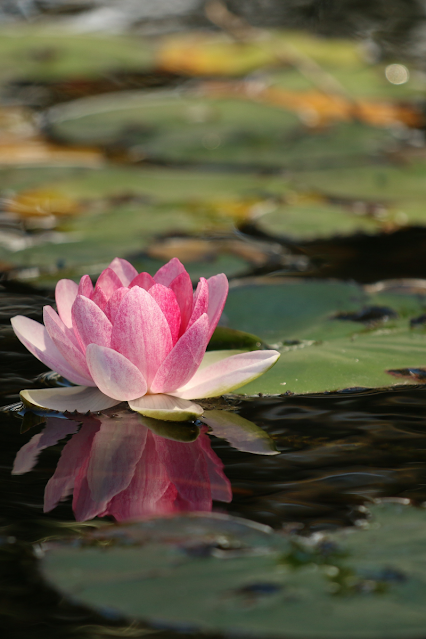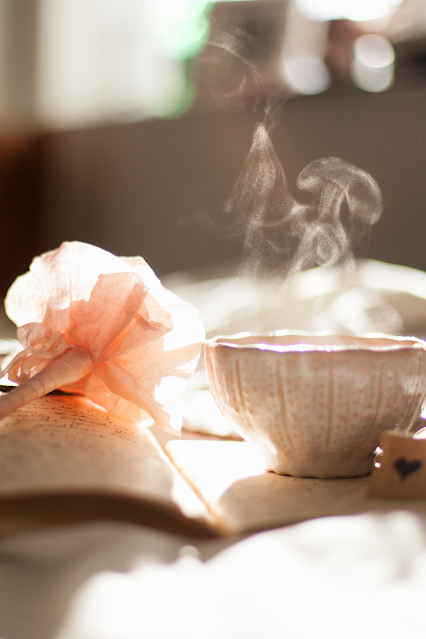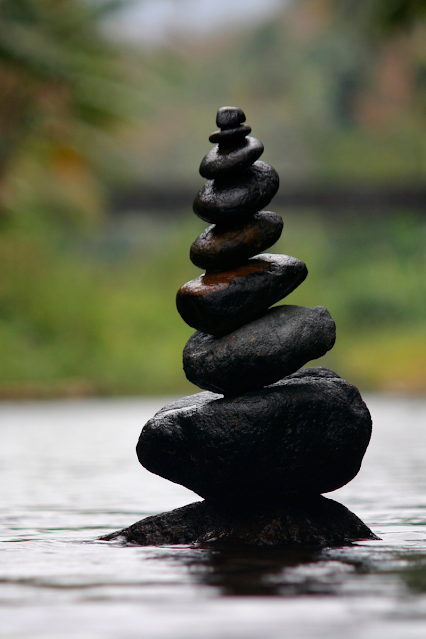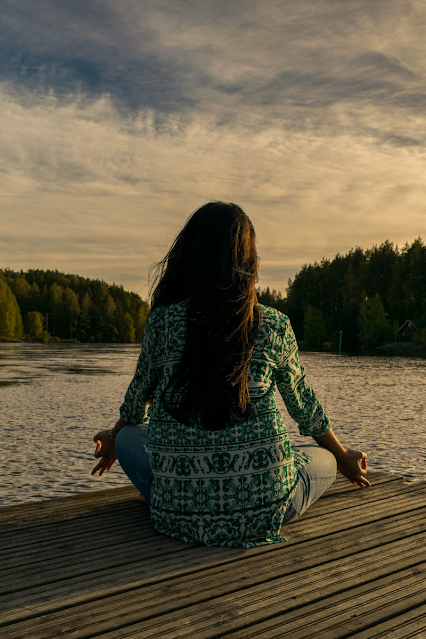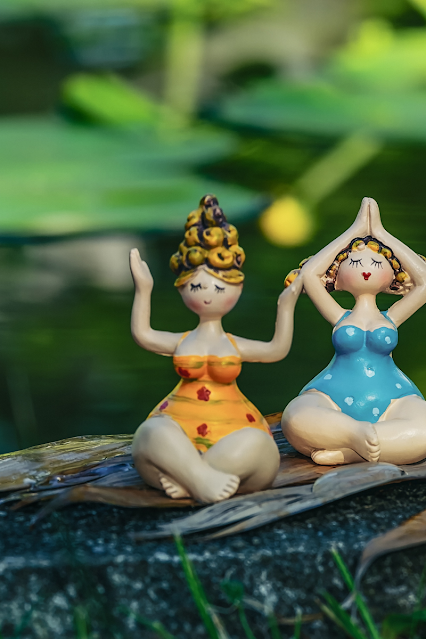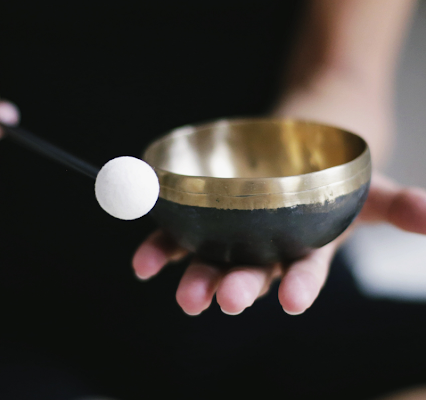Learning Mindfulness with Marsha Gehl
joy of nesting
Marsha Gehl, DC (Doctor of Chiropractics) has been a healthcare provider/chiropractor for 30 years. Learning mindfulness has helped people with acute and chronic pain. It helps them establish healthier lifestyles. Her career naturally progressed over the years to include continued education in mental health and wellbeing.
Her own struggles with depression and chronic pain led her to discover meditation and later, led her to the mindfulness arena including a certificate in a teachers’ training program and eventually to becoming a Mindfulness and Meditation Educator.
I recently had the pleasure of talking to Marsha about ‘mindfulness’ and its role in our health.
Hi Marsha, thank you so much for taking time with us today! I’m excited to dig into this timely topic with you!
Q: What is Mindfulness?
A: Mindfulness is an awareness of oneself in the present moment, on purpose and with intention, and without judgment. It’s being aware of one’s thought and feelings in the moment and having the intention to make wise choices.
It’s being aware of oneself and others, being able to notice how we are showing up in our relationships. And it’s bringing wise choices to life’s circumstances as opposed to our habitual reactions, or reacting based on our conditioning, biases, or opinions.
Mindfulness is a skillful means for navigating life with more meaning and purpose. Like exercise is beneficial to the body, mindfulness is beneficial to mental fitness. It is training for a healthy mind.
Q: Why Practice Mindfulness?
A: The research and benefits of Mindfulness over the past twenty years has grown exponentially. The growing evidence demonstrates the positive outcomes in physical, mental and emotional wellbeing. Some of the benefits of mindfulness include improved blood pressure, alleviation and management of chronic pain, reduction in anxiety and depression, improvement in mood and behavior, decreased stress response, increased focus and attention.
While mindfulness seems like a fairly new trend, the practices of Mindfulness have been around for thousands of years. The history goes back to early Buddhist teachings and many other religious practices, taught by great philosophical teachers. Yoga is one of the very first practices of mindful meditation.
Contemporary neuroscience shows that mindfulness practices can improve our brains. They increase the brain’s areas of executive and critical thinking as well as shrinking areas of emotional reactivity and stress activation.
Q: How Can Someone Cultivate Mindfulness?
A: Like anything we do that is meaningful, worthwhile and important to our wellbeing, it takes practice. A mindfulness practice increases our mental health and well-being. It is an essential part of good physical and mental health.
Mindfulness and meditation practices can be explored in many ways today. There are apps online, as well as personal teachers and virtual trainings.
Marsha’s List of Mindfulness Benefits
Awareness
Understanding the nature of our minds, emotions and feelings; self-exploration and discovery into who we are and how we show up in the world.
Relief of Anxious and Overwhelming Thoughts and Feelings
Practical skills to navigate life, creating a greater sense of wellbeing and ease in effective stress management of day-to-day stresses.
Positive Change
Exploring mindfulness and meditation practices to promote habits and establish a healthier mind and greater sense of well-being.
Discipline
Skillful development to assist in mental and emotional regulation and intelligence. Finding more focus and attention.
Resilience
Developing and cultivating personal resources to move through life’s challenges with wise choices. Quieting the reactive conditioning that keeps us stuck in negative cycles. Learning to be present and open to the present moment; learning to befriend one’s self in all that life brings – the good, the bad, the ugly and the wonderful. Making room for all of it leads to a more meaningful life.
Awareness, Choice and Agency
These contribute to our healing and the healing of humanity.
Shiree: Thank you so much Marsha for sharing this today. If my readers are interested in your services how can they connect with you?
Marsha: Yes, I do virtual classes on Zoom. There are 4 classes, one per week, each lasting about an hour. They are in 3 parts: didactic teaching bringing information and knowledge; practical application in meditation and practical tips to everyday living; and time for Q & A and sharing. Learning is best when we learn interactively from each other.
Shiree: for more info, email Marsha at marshagehl@gmail.com.
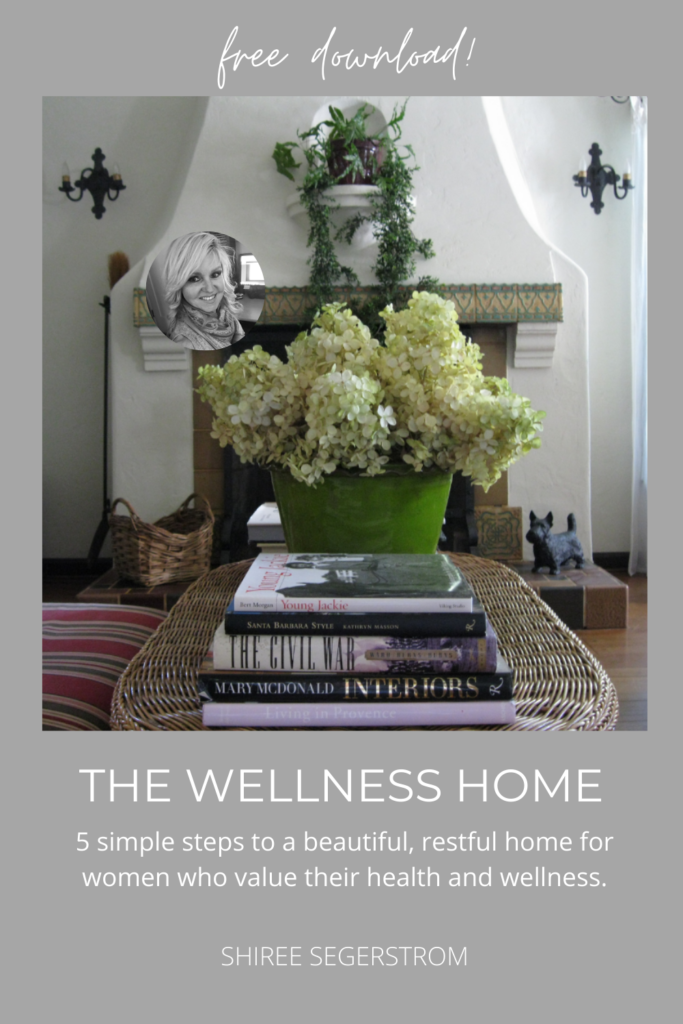
If your home isn’t supporting you the way it is, are you ready for a change? Get some help via my complimentary premier design and wellness download, The Wellness Home, 5 Steps to a Beautiful, Restful Home for Women Who Value their Health and Wellness. It’s the prettiest little book. It’s a quick read with super easy design solutions that help you lead a beautiful, healthier lifestyle at home, plus my 3-to-5 Things Framework that gives you step by step actions to get started and stay on track. Get yourself some help, post haste!
That’s it for today. Thank you for stopping by!
Shiree
Your home can be such a positive force in your life, providing structure, stability, protection and in my case, a place to heal. To find out how your home can be a place of healing, check out “Healing from Loss in the Home and Garden“.
